Prepare for success in the biotechnology field—through either industry or further academic work—in Indiana University’s Master of Science in Biotechnology Program.
Biotechnology M.S.
You can make meaningful contributions in a growing field! Biotechnology has developed treatments for diseases, expanded global food supplies, improved the environment, advanced forensics, responded to pandemics, and more. As a graduate of this one-year advanced-study program, you’ll have a strong foundation for a career that benefits both you and society.
Our graduates have obtained positions in companies that manufacture macromolecules or agricultural chemicals or in those that conduct pharmaceutical research and development. Several students have joined law firms dealing with intellectual property or regulation. Some graduates have used the research experience gained from the program to transition to Ph.D. or medical degree programs.
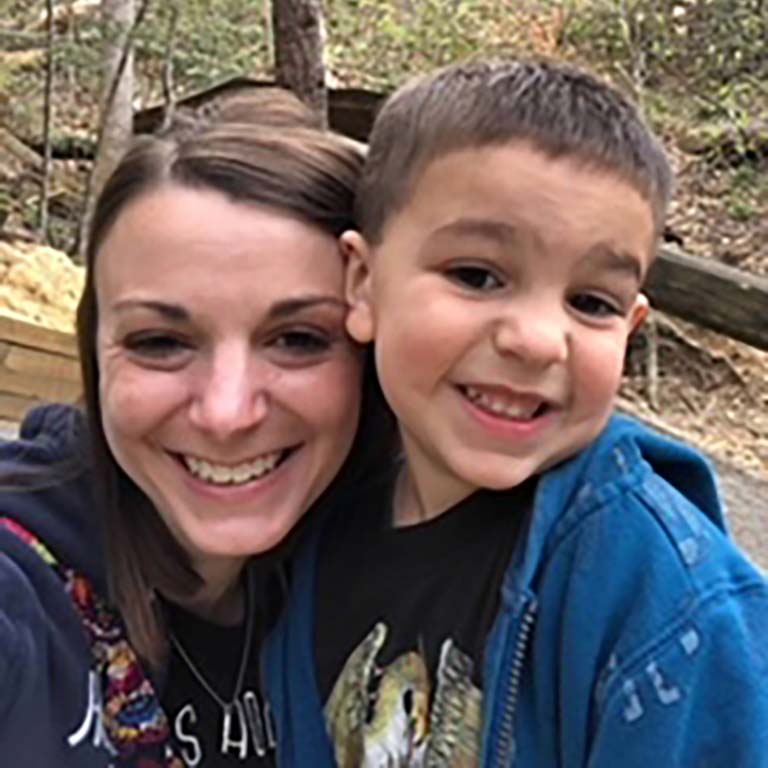
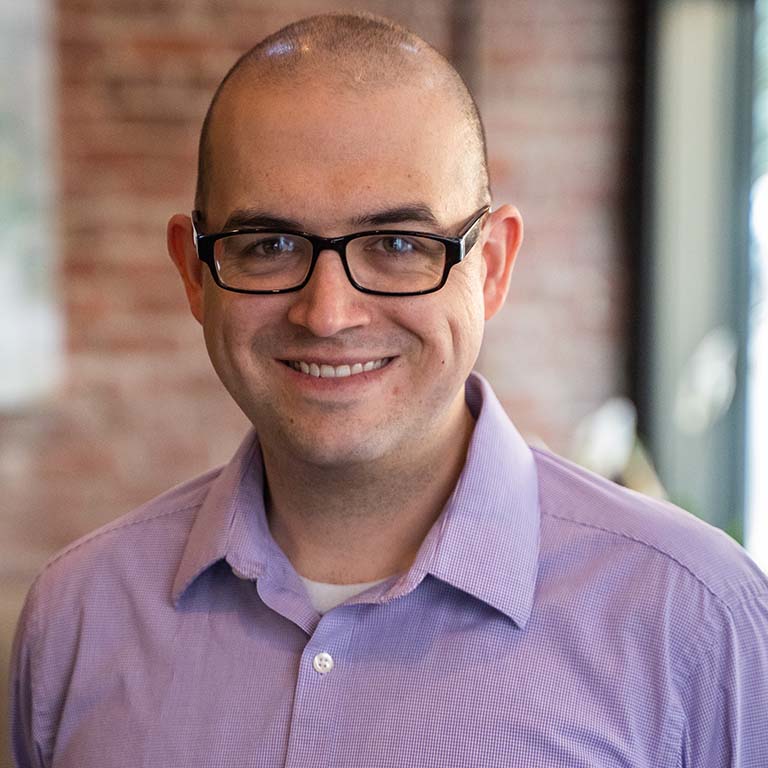


M.S. in Biotechnology at a glance
- 30-credit-hour program
- Typically completed in one calendar year, starting in the fall semester
- Strong foundation in biotechnological sciences
- One-year research project or industrial internship
- No thesis requirement
- Business and organizational skills emphasized
- Pathway to industry or further academic endeavors
A training platform for employment readiness
Our program features a year-long research project in a biotechnological area of your choice. A thesis is not required, but students are expected to prepare presentations and a scientific poster as well as write a final report on their research. Rather than a research project, you have the option to participate in an internship in an IU research laboratory or in a company in the area. This opportunity can be particularly helpful for students who are employed.
The courses you take are designed to develop critical thinking, ethical decision making, quantitative analysis, knowledge of drug development and regulatory approval processes, understanding of biotechnology commerce ranging from financing to manufacturing to marketing, and writing and presentation skills—all while gaining a strong foundation in biomolecular science.
What you can do with a Biotechnology M.S.
Graduates with degrees from the IU Biotechnology Program have gone directly into a wide variety of careers in the life sciences, as well as to graduate and professional school. Biotechnology staff members, together with experts from the IU Walter Center for Career Achievement are pleased to discuss career options and exploration strategies with students. You will have several opportunities to interact with practitioners in biotechnological firms and organizations.
- Positions obtained by our students upon graduation
Here are a few positions obtained by our M.S. in Biotechnology students upon graduation:
- Biologist, Eli Lilly
- Specialist, United States Food and Drug Administration
- Supervisor, Indiana State Department of Health
- Molecular Biologist, IHMA (International Health Management Associates)
- Contract Researcher, United States National Institutes of Health
- Microbiologist, Catalent
- Associate Scientist, Bristol Myers Squibb
- Scientist, Covance
- Chemist, Seaway Pharma
- Scientist, B2SLifeSciences
- Scientist, Advanced Testing Laboratory
- Senior Project Specialist, Syneos Health
- Senior R+D Scientist, MilliporeSigma
- Study Coordinator, BioAgilytix
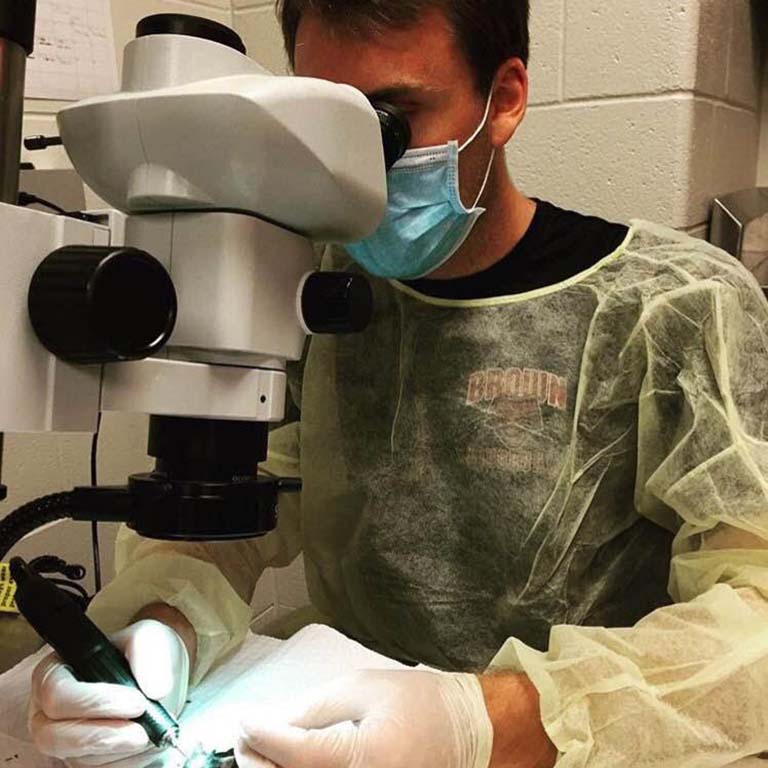
Obtain a Professional Science Master’s degree
The IU Master of Science (M.S.) in Biotechnology is recognized as a Professional Science Master’s (P.S.M.) degree. Our innovative P.S.M. degree program allows you to pursue advanced training and excel in science without a Ph.D., while simultaneously developing highly valued organizational and enterprise skills without the additional time and expense needed to take business courses.
P.S.M. programs are characterized by ‘science-plus’ curricula, combining rigorous graduate study in science or mathematics with skills-based coursework in management, policy, regulation, or law. They emphasize the skills required in professional settings—written and verbal communication skills, leadership, and team building.

The National Professional Science Master’s Association explains the degree as one that prepares graduates to be as comfortable in the board room, court room, and other professional setting as in the science laboratory or bio-manufacturing facility.
We also offer a Ph.D. minor in biotechnology
Our Ph.D. minor curriculum is designed to offer exposure to the field of biotechnology to graduate students who are majoring in other areas of science, as well as in areas outside of the sciences. If you are interested in industrial jobs at pharmaceutical or biotechnology companies such as Eli Lilly or Dow Agrosciences, this minor might be for you.
How to apply
You may submit your application starting September 1 of the year prior to the fall semester you wish to begin your graduate studies.
Learn about program requirements and the admission process—and find a link to the online application—on our department's general How to Apply page. But, first, please visit our Biotechnology Admissions page for information about the admissions process that may be unique to the Biotechnology program.
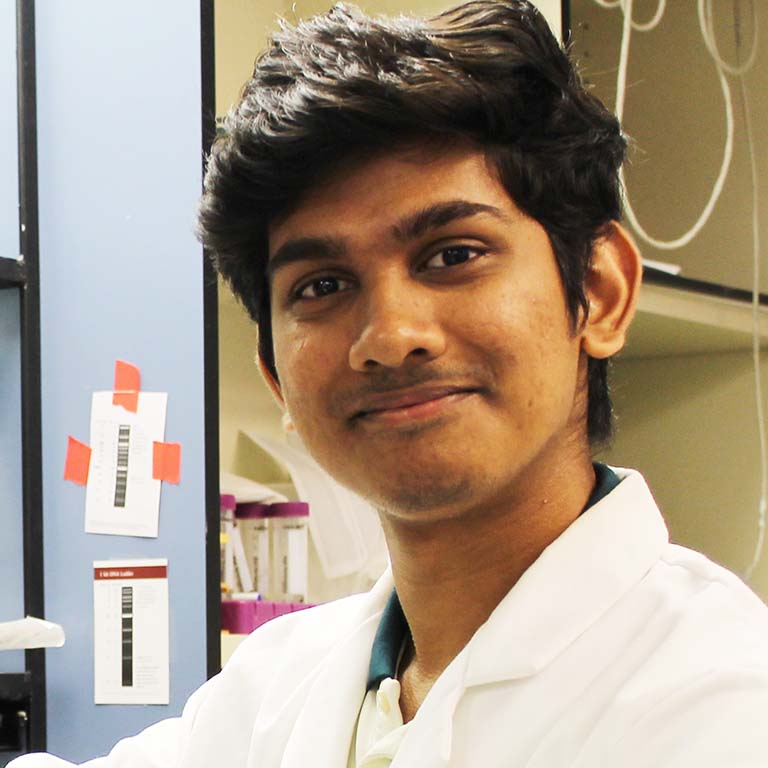
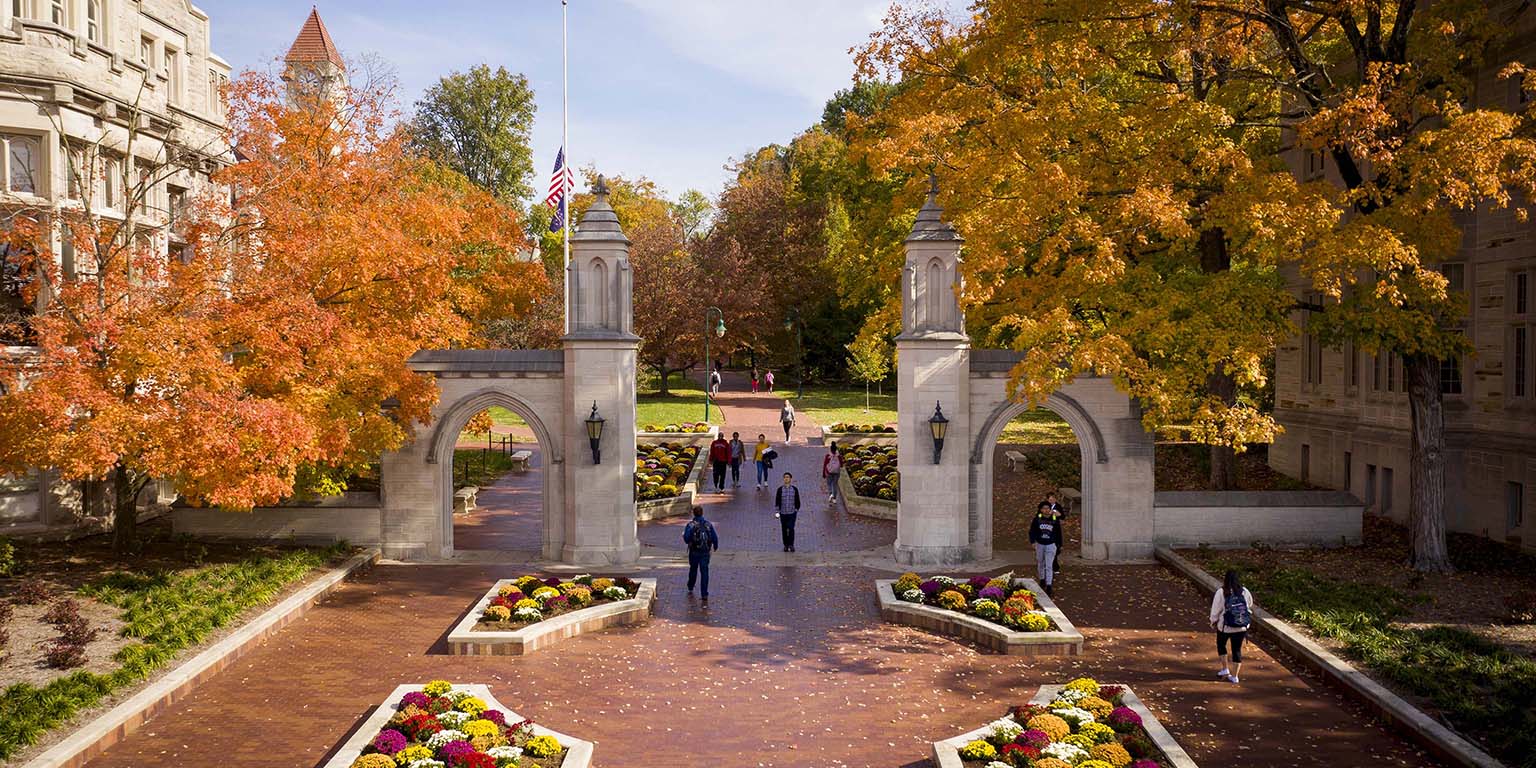
You are welcome here
The IU Department of Biology is a community of diverse academic scientists, students, and staff from a wide range of cultures, nationalities, races, and social backgrounds. We are committed to celebrating community as well as maintaining a culture of respect and kindness.
Bloomington is a culturally diverse and welcoming college town with vibrant arts, music, and food scenes.
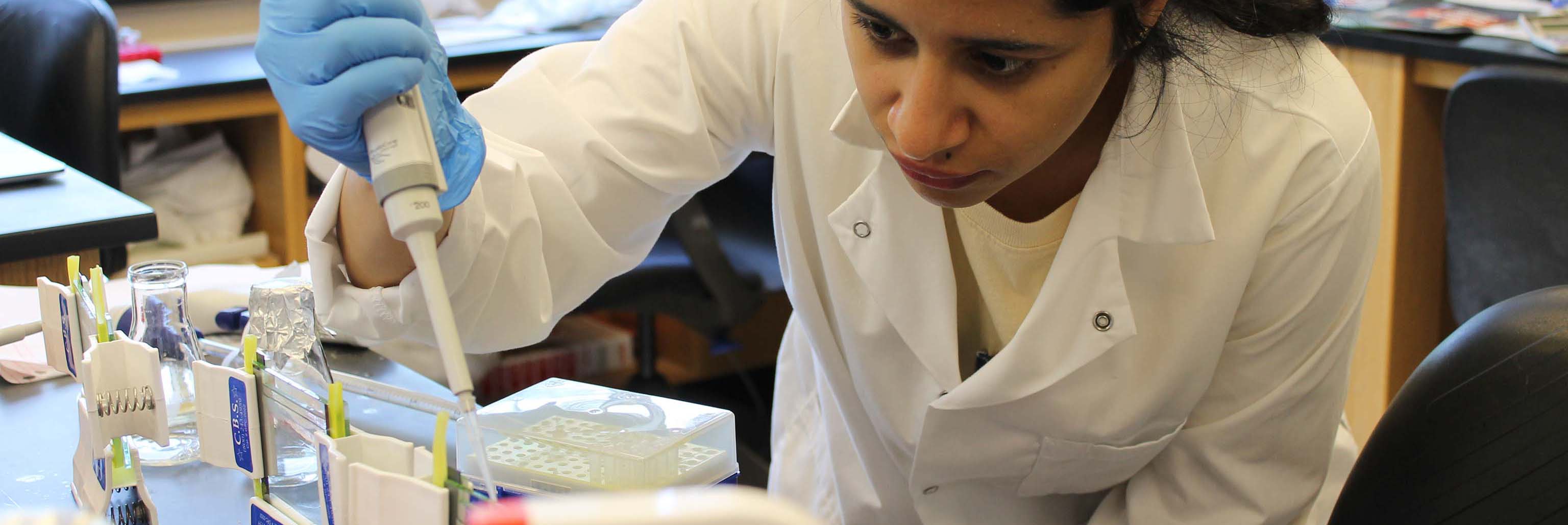
 The College of Arts
The College of Arts